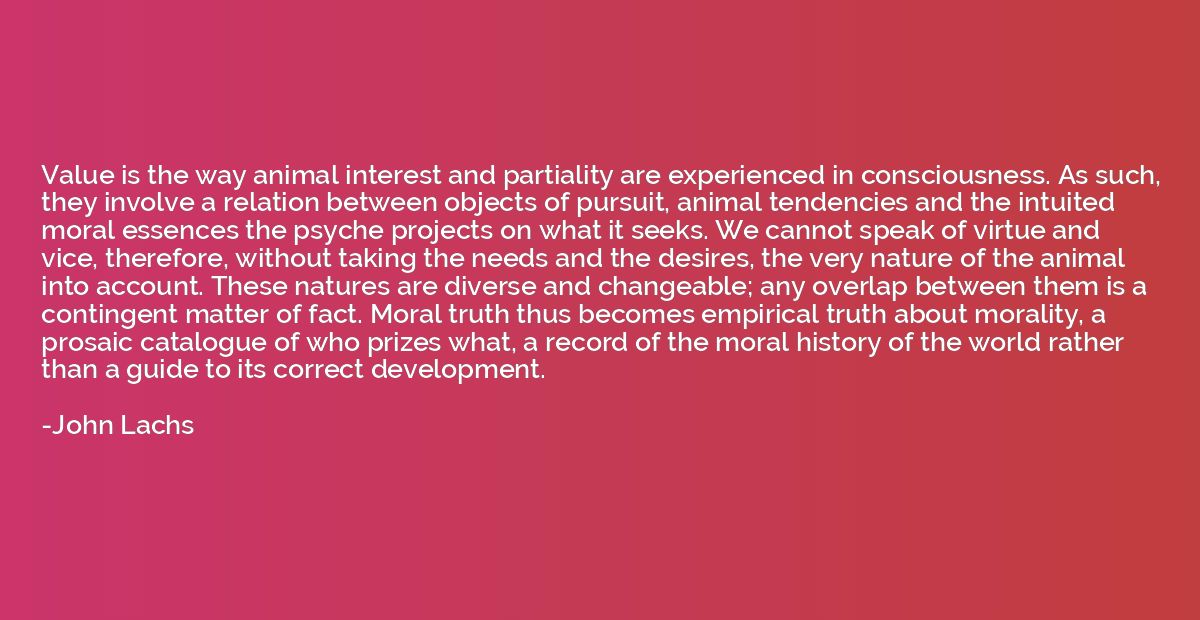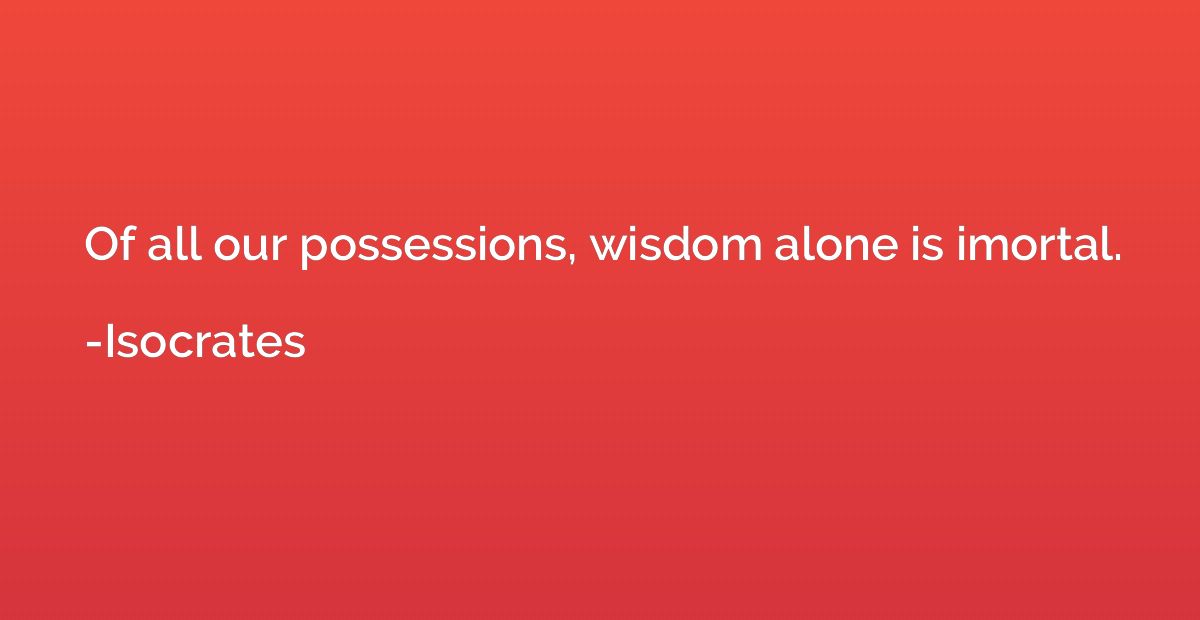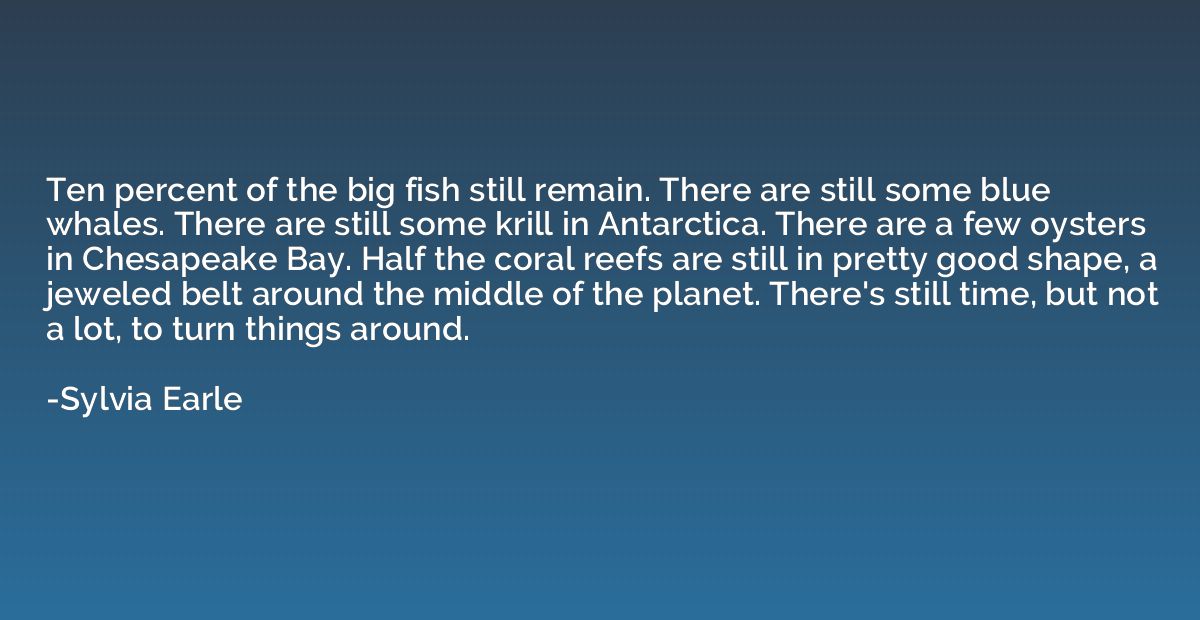Quote by Joseph Joubert
Never write anything that does not give you great pleasure. Emotion is easily transferred from the writer to the reader.

Summary
This quote underscores the importance of genuine enjoyment in writing. By stating that one should only write something that brings great pleasure, it highlights the notion that writing should reflect a passion or enthusiasm. The quote also suggests that writing holds an implicit emotional connection. When a writer genuinely enjoys their work, this sentiment is likely to permeate the writing and subsequently resonate with the reader. Consequently, by prioritizing personal pleasure and emotion in writing, one can create a more authentic and engaging experience for readers.














